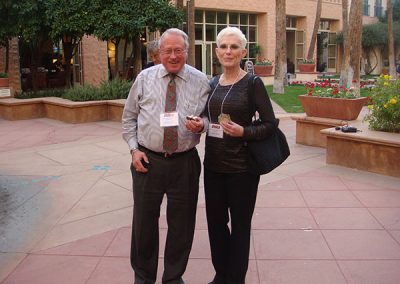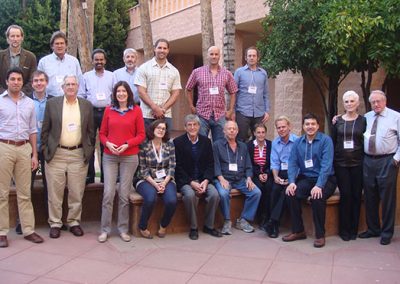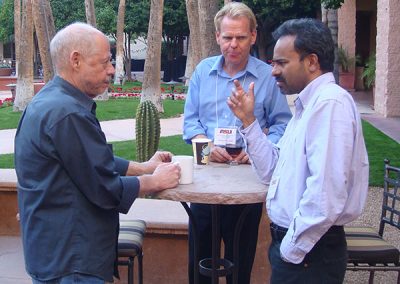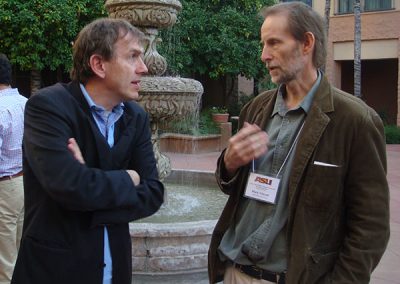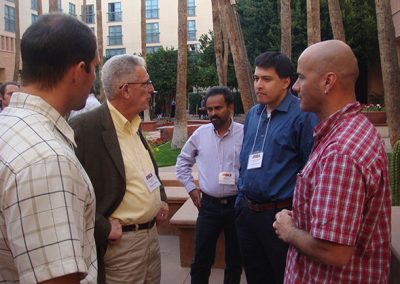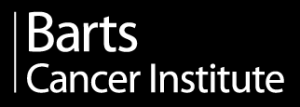Nov.6 – 8
2013
Arizona State University
Tempe, AZ
One of the intriguing aspects of cancer metabolism is the significance of the Warburg effect and its role in driving the cancer phenotype – a subject with a long and contentious history. We shall try to link the Warburg effect to the deep evolutionary roots of cancer as part of the hypothesis that cancer is a default to an ancestral phenotype, and that oxygenic glycolysis represents an ancestral mode of metabolism. The goal of the workshop is not to merely review this field, but to try and settle its status. Has the time come for a radical shift in emphasis from genetics to metabolism and epigenetic control in cancer research and therapy?
